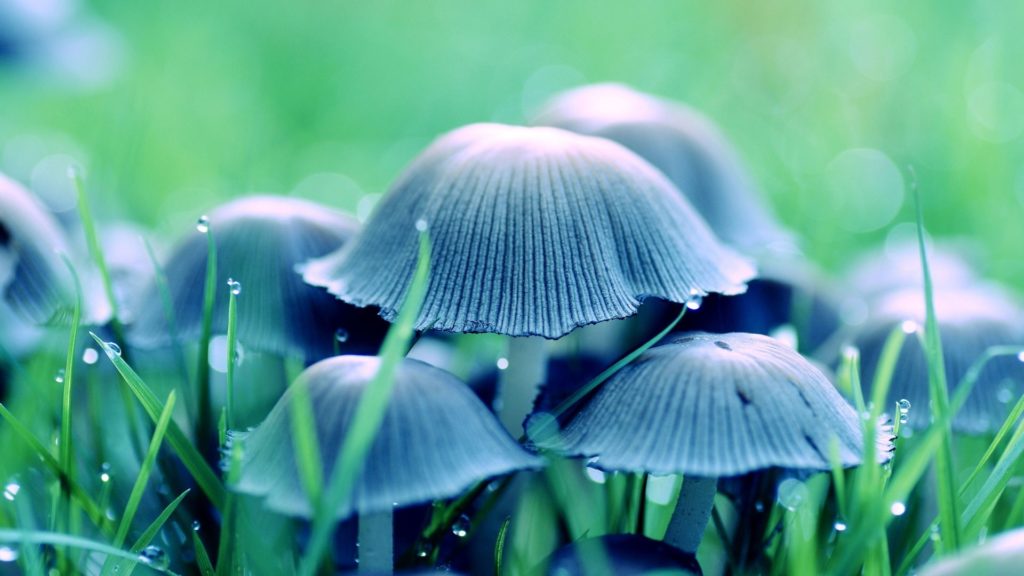As we mentioned in last week’s blog post, Colorado citizens have voted on Proposition 122, the Decriminalization, Regulated Distribution, and Therapy Program for Certain Hallucinogenic Plants and Fungi Initiative.
The initiative passed.
Mushroom advocates everywhere deserve a round of applause—this is a big win for those who believe in the potential efficacy of so-called natural medicines.
Let’s find out what it all means and what the future may hold for Colorado and perhaps the rest of the country:
Colorado’s “Decriminalization, Regulated Distribution, and Therapy Program for Certain Hallucinogenic Plants and Fungi Initiative” Passed – What Does It Mean?

Even if you’re not from the state of Colorado, the passage of Proposition 122 is important news. Regular readers will recall that Denver, the state capitol of Colorado, was the first jurisdiction in the United States to officially decriminalize mushrooms.
Now, thanks to voters choosing in a decisive 52.41% to 47.59% vote, mushrooms are now decriminalized statewide, alongside several other special compounds, including dimethyltryptamine (DMT), ibogaine, and non-peyote-derived mescaline.
In addition to decriminalizing the aforementioned substances, Colorado will also be creating what legislators are calling the Regulated Natural Medicine Access Program, which allows for licensed “healing centers” to legally administer natural medicine services to approved patients—in other words, these approved centers can provide medically-necessary mushrooms and other substances to patients who qualify. Note that Proposition 122 does not allow for retail sales of mushrooms or the other affected substances.
Prop 122 Is Great Progress, but Mushroom Advocates Have a Long Way To Go
We would remind readers that the term decriminalized is not at all synonymous with the word legalized.
When something is decriminalized, it means that criminal penalties normally attributed to an act (such as possessing mushrooms) aren’t being strictly enforced by governing bodies (e.g., the police), and offenders aren’t likely to be subjected to criminal penalties. They can, however, still incur a fine or civil penalties. The thing being decriminalized is—and this is the really crucial part—still illegal.
Legalization means that the thing is now permitted just like any other legal action.
Note the big difference between these two terms! Mushrooms have been decriminalized by Proposition 122, not legalized.
Having said that, the passage of Proposition 122 is very good news for mushroom advocates throughout Colorado and indeed the entire country; it’s the “wins” like this in different states and jurisdictions which could perhaps eventually lead to outright legalization of mushrooms.
Mushrooms Aren’t Legal Countrywide, but Mushroom Spores Are in Most States
Despite the progress being made in Colorado and throughout many other locations across the United States, mushrooms are still illegal. However, in case you weren’t aware, mushroom spores are not—except in California, Idaho, and Georgia—and as long as you’re using them for research purposes only, such as the burgeoning amateur microscopy hobby.
